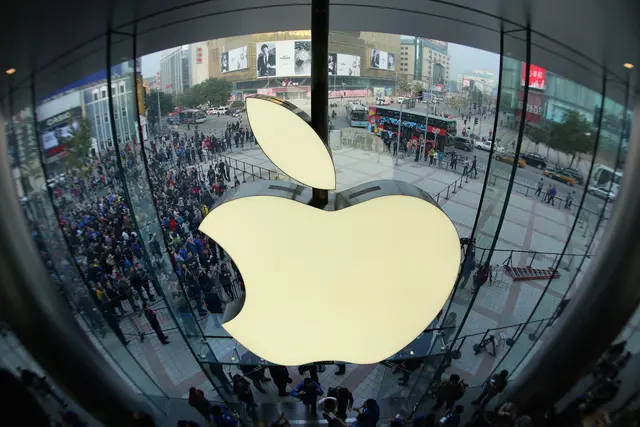By APD writer Alice
Political and trade tensions between Washington and Beijing have continuously increased, pushing US businesses operating in China into a "dilemma".
The Trump administration wants to reduce dependence on overseas supplies by encouraging American businesses in China to return home. However, the reshoring process is causing a headache for US firms as they will face many problems such as old infrastructure, underdeveloped networks and poor workforce.
The US Departments of Defense and Commerce are putting pressure on American companies to drastically reduce or stop looking for supplies and production in China. The US Department of State cooperated with Australia, India and Japan to reroute the supply chain.
The US Congress recently revealed several bills to encourage US businesses to return and revive industries. The measures put in place include subsidies, tax reductions, investment restrictions and bans on Chinese companies.
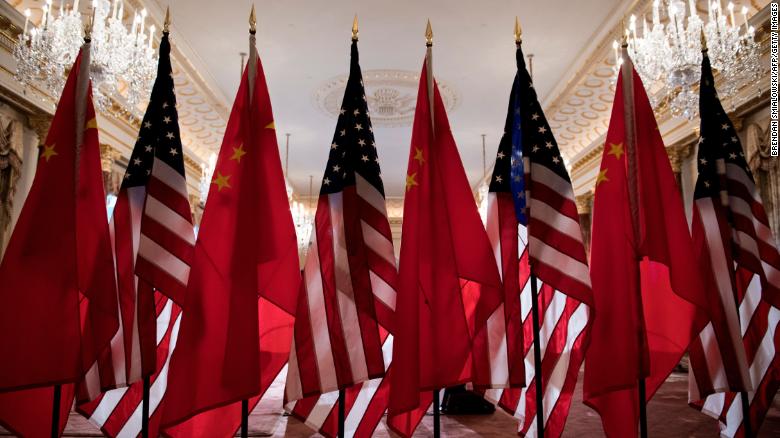
In an August 17 tweet, President Donald Trump ordered American businesses to leave China and said he has the authority to do so. Earlier, he signed an executive decree in May directing International Development Finance Corporation to help US manufacturers.
On top of the questions raised is whether severing American businesses from China is at all feasible. In the short term, it’s not because American business is deeply intertwined with China, and it would be messy and potentially destructive for the global economy.
Moreover, manufacturers returning to the US from Asia often face rickety factories, outdated infrastructure and underdeveloped supply networks, not to mention a shortage of appropriate workforce, analysts said.
American firms have become more worried after the US shut down the Chinese Consulate in Houston and then China closed the US Consulate in Chengdu at the end of July as a retaliation.
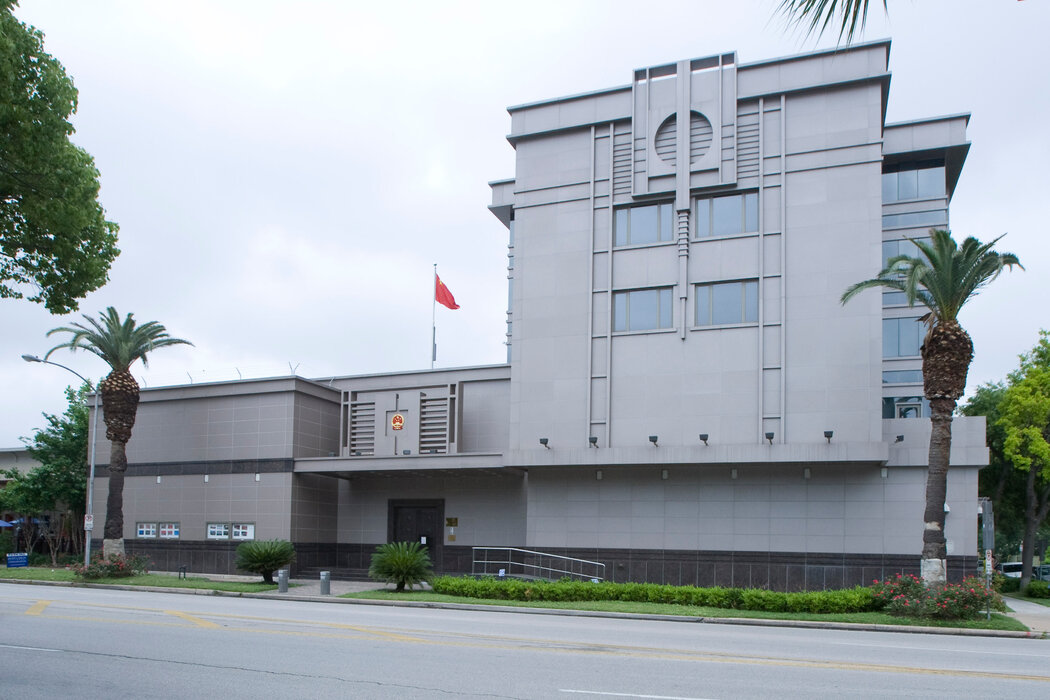
Representing the interests of leading enterprises such as Intel, Ford and Citibank, WangBenjamin, Chairman of the American Chamber of Commerce in Southwestern China, said he has received about 20 phone calls from leaders of US businesses in the regionwho said don't know what's happening in the worsening relationship between the two superpowers. “Nobody knows what is next,” they wondered.
In addition to the diplomatic tensions, the US’s increasing pressure on the Chinese technology firms operating in the country such as Huawei, ByteDance or Tencent has made Washington-Beijing relations worse than ever. This also raises concerns that US companies operating in China will face Beijing's countermeasures. Cisco, Amazon Web Services, Apple or Microsoft are likely to come into focus.
Recent surveys show that despite rising tensions, most American businesses in the region are determined to stay in China - a huge market with 1.4 billion people.
Now, the US-China relationship is shifting from bad to worse, and tensions are forecast to peak before the US presidential election in November. And many American businesses, who have always supported a close relationship with Beijing, feel trapped.
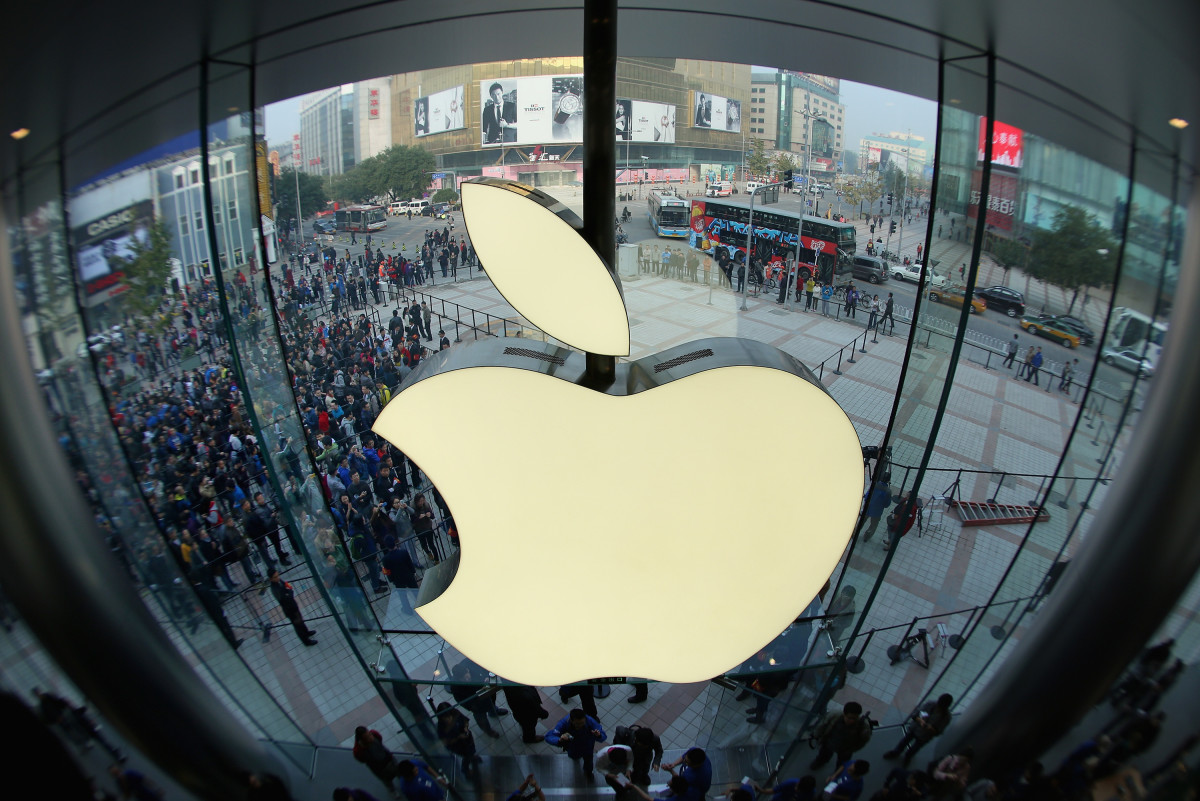
Some business leaders have said they are waiting for the 2020 US presidential election to pass in the hope that the current turmoil will be replaced by a more predictable stability in 2021. However, at the present time, many other firms have faced pressure from US-based buyers to diversify supplies besides China.
Robert Gwynne, owner of the Guangzhou-based Aramingo Footwear, which specialising in exporting products to the US, said more and more customers are looking for products not made in China due to concerns about geopolitical issues.
There are two main factors driving the current situation: the geopolitical instability and the Covid-19 in the US," Gwynne said, adding that customers are hastening his company to move operations to other markets for diversifcation. “This seems like the simplest solution, but it’s much harder to accomplish,” he said.
Now is really a hard time for American companies based in China as they stand between the two ways: continuing to stay in China or returning home. Leaving China is a very difficult decision as the Asian nation, called “the workshop of the world”, remains a rich land for them at present and even in the future.
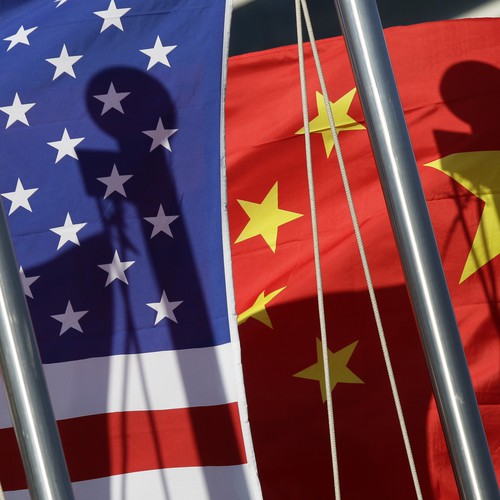
China is the most efficient place to produce a wide variety of goods. It has built vast networks of smaller factories that supply essential components to large factories. It has a work force of hundreds of millions of people who know how to staff an assembly line. It has fast trains, smooth highways and efficient ports that dependably move goods from the factory floor to the world.
China already makes a quarter of the world’s manufactured goods. That can’t be replaced anytime soon.
China’s growing consumer class accounts for a huge proportion of global sales of iPhones, Nike shoes and Starbucks lattes. It buys Chevrolets and Fords, though they are largely made in China. Its increasingly adventurous tourists create demand for Boeing planes. Increasingly affluent Chinese consumers have a taste for American steak, and they want more pork from pigs that eat American soybeans.
(ASIA PACIFIC DAILY)
 简体中文
简体中文

